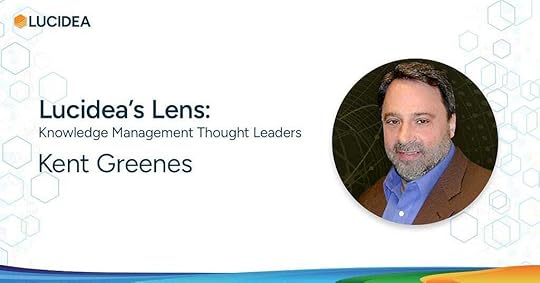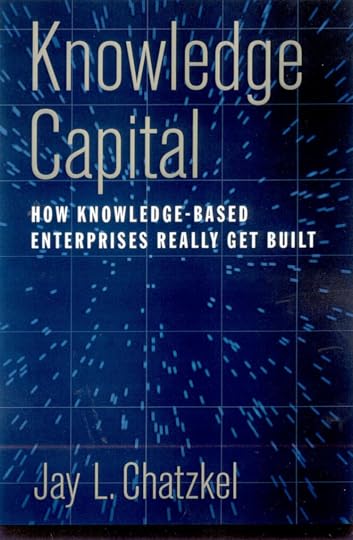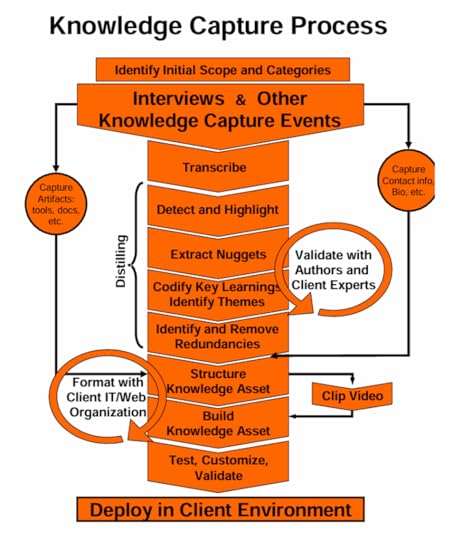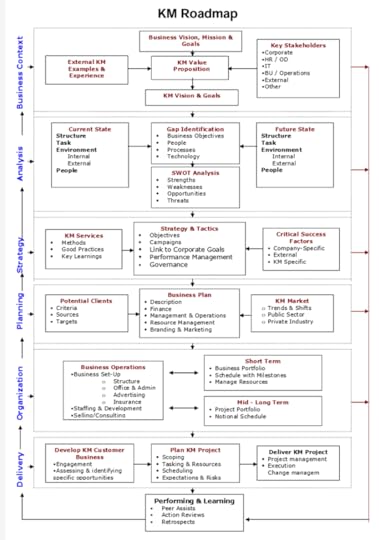Knowledge Management Thought Leader 126: Kent Greenes

Kent Greenes, now retired, dedicated his career to helping teams, organizations and communities unleash the power of their collective learning and knowledge. Recognized as one of the pioneers in the field of KM, his specialties are fast learning and performing, knowledge management, culture change, and transformation.
Kent worked in BP for 17 years, where he initiated and directed the Virtual Teamwork Program. He joined SAIC as their CKO in 1999 and built a highly regarded KM consulting practice in the public and private sectors. He led their business transformation and introduced Six Sigma. Kent started his own consulting practice in 2006. He led The Conference Board’s Knowledge & Collaboration and Change & Transformation Councils of cross-industry leaders.
Here are definitions for five of Kent’s specialties:
Collaboration : Interacting with peers and colleagues to exchange ideas, share experiences, work together on projects, and solve problems.Fast Learning: Learning before, during and after everything that is done. With routine comes speed, and learning with speed delivers high performance. Methods include peer assists (learning before doing), action reviews (learning while doing), and After Action Reviews (learning after doing). Culture Change : A process by which an organization encourages employees to adopt behaviors and mindsets that are consistent with the organization’s values and goals. It may be necessary to better align the behaviors of employees with current and future business objectives. Knowledge Retention : Methods of capturing or maintaining access to the knowledge of workers leaving an organization due to new jobs, retirement, promotion, relocation, and role changes; temporary work, contracting, consulting, and outsourcing; mergers, acquisitions, consolidations, and reorganizations; changes in strategy, focus, or specialty; workforce reductions; short-term job mentality; disillusionment; death, illness, and care giving.Transformation: The cultural, organizational, and operational change of an organization, industry, or ecosystem through a smart integration of digital technologies, processes, and competencies across all levels and functions in a staged and strategic way.Kent created the following content. I have curated it to represent his contributions to the field. For more about Kent, see Profiles in Knowledge.
 BookChapter 15: Knowledge Management Is about Change
BookChapter 15: Knowledge Management Is about Change 10-Step Guide to Knowledge Capture
10-Step Guide to Knowledge Capture KM Roadmap
KM Roadmap Peer Assist: Learning Before Doing
Peer Assist: Learning Before DoingHere are some critical things to do to ensure a successful outcome of a peer assist:
Define the problem or opportunity that you are facing and decide whether a peer assist is the most appropriate process.Write and disseminate a brief description of your need to peers, giving them the chance to self-select for participation.Look for diversity, that is, people who will help your team confront the problem from different perspectives.As soon as possible, identify people who can participate on your selected dates — fitting into their schedules is critical.Identify an experienced facilitator who understands the learning process.Design the event to ensure plenty of time to reflect.Allow the peer-assist team members time as a group during the session to analyze their findings.Ensure the key lessons and good practices shared during the session are captured. This may require some follow-up work to gather sufficient detail for those who did not participate.Agree to a set of actions.Make your findings accessible to others outside the group.[image error]


